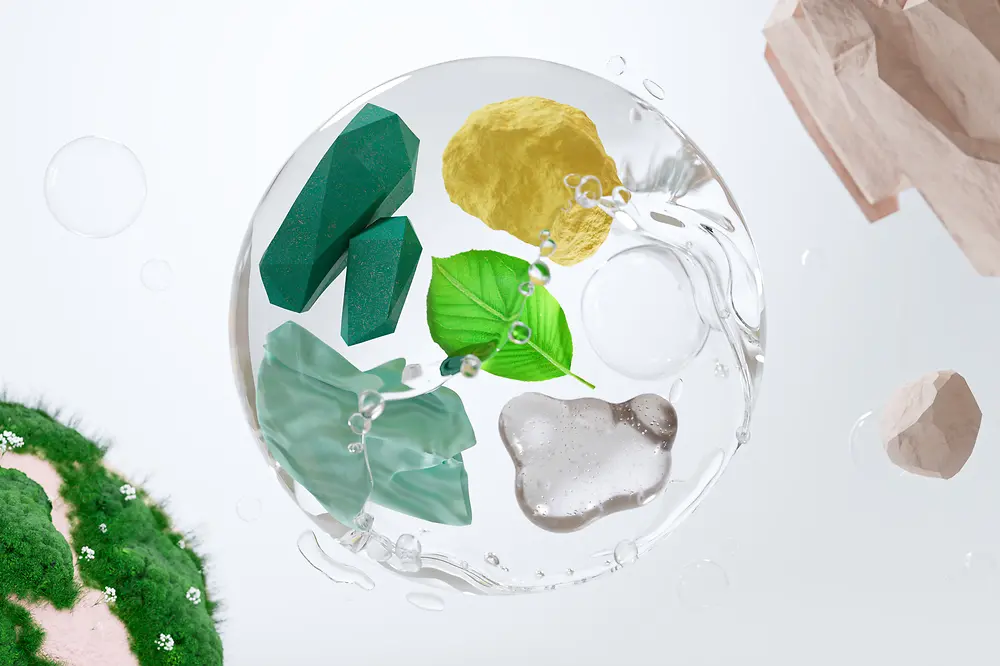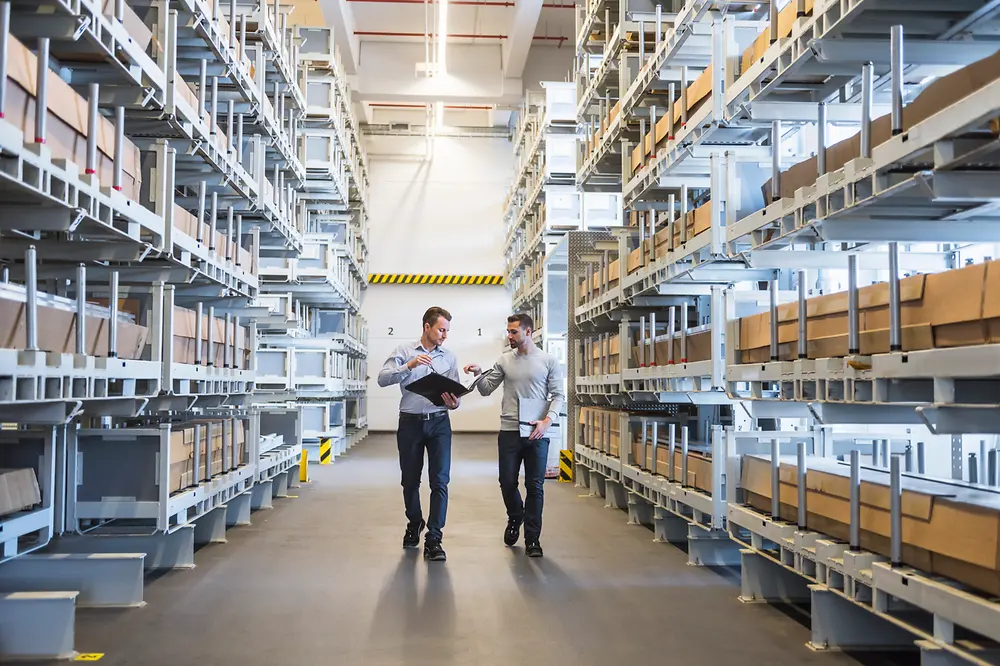Climate change is one of the major challenges of our time and a growing population, rising consumption, and increasing resource scarcity require that companies and individuals take action. At Henkel, we focus on implementing measures that reflect our responsibility for people, the planet and society. In doing so, our efforts cover the entire value chain: From the sourcing of raw materials to the recycling of product packages. Henkel is committed to responsible management of raw materials, and especially the conservation of natural resources and biodiversity. We use ingredients based on renewable raw materials to optimize the overall characteristics of our products, wherever this is compatible with environmental, economic and social considerations. We are committed to decreasing the amount of fossil sources used for the manufacture of our ingredients and making the ingredients of our products more sustainable. To reduce the carbon footprint of ingredients, one of the methods we apply is the so-called “biomass balance approach”.















